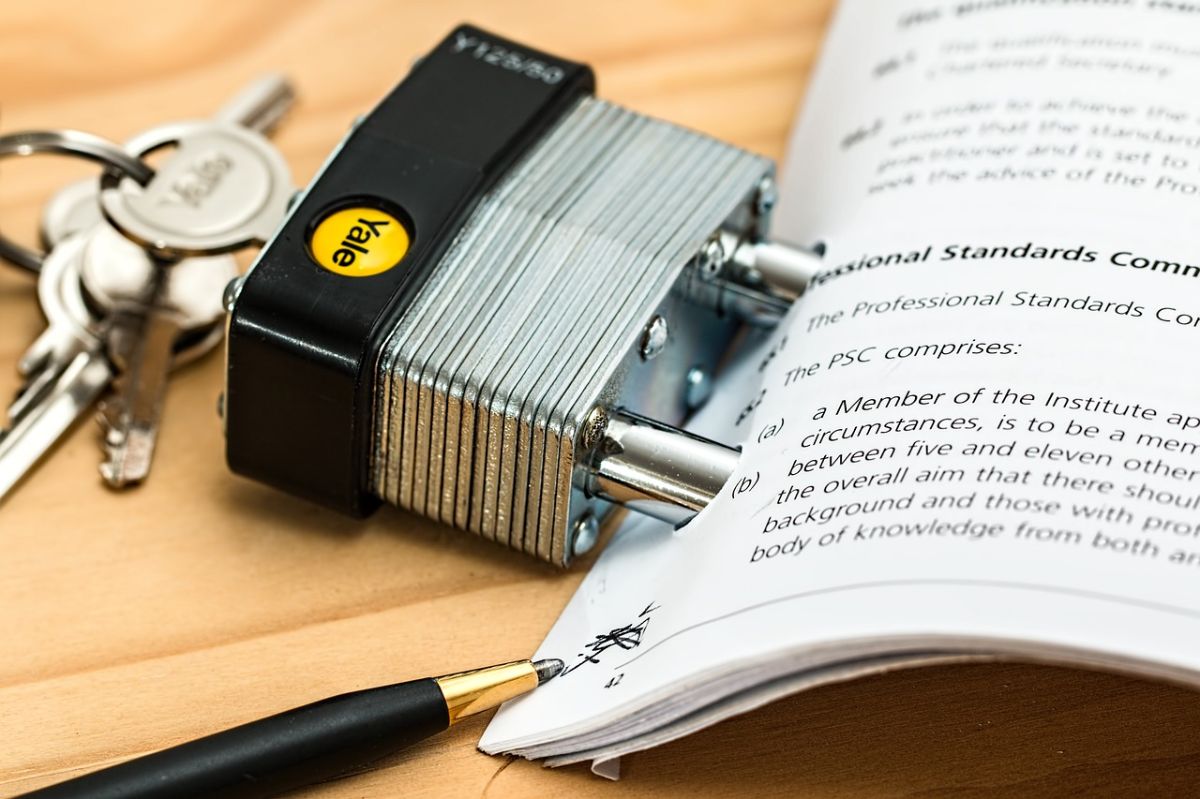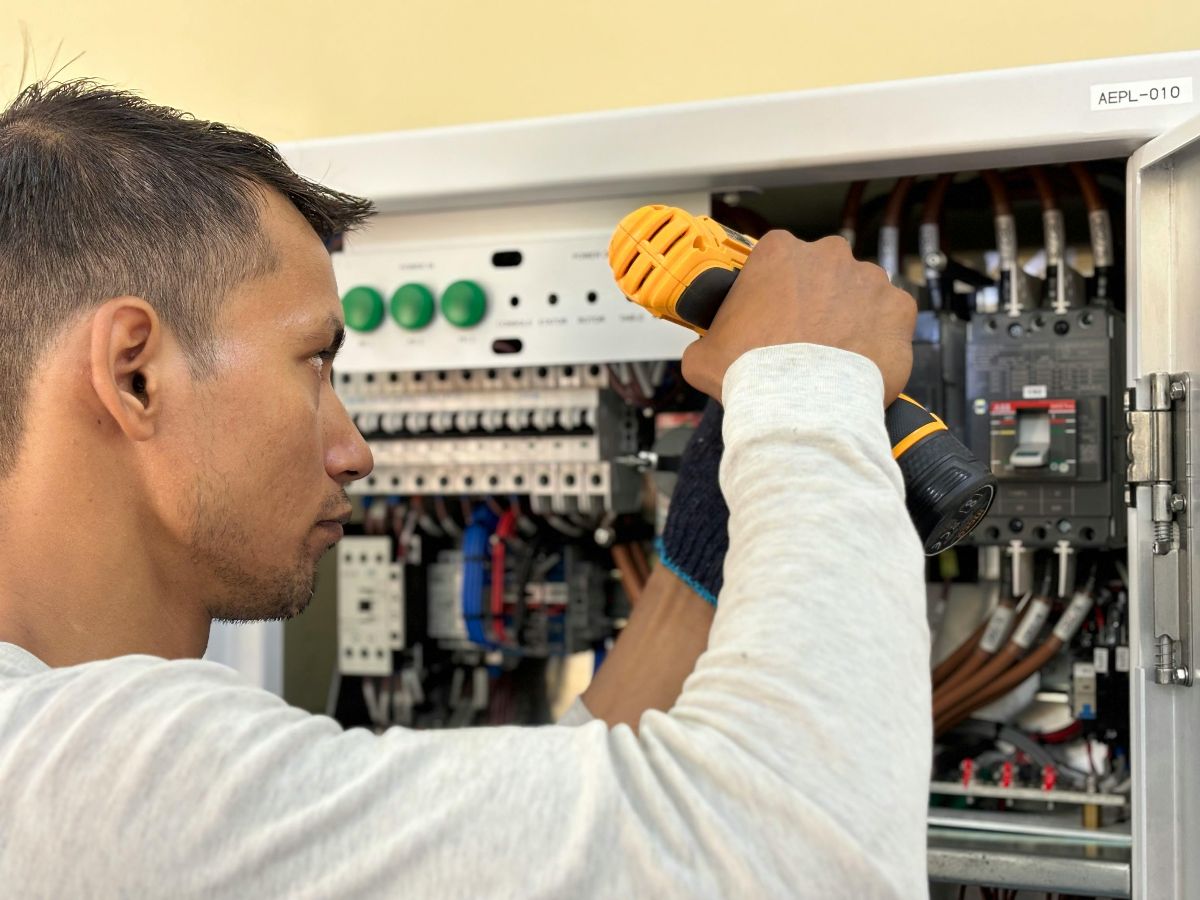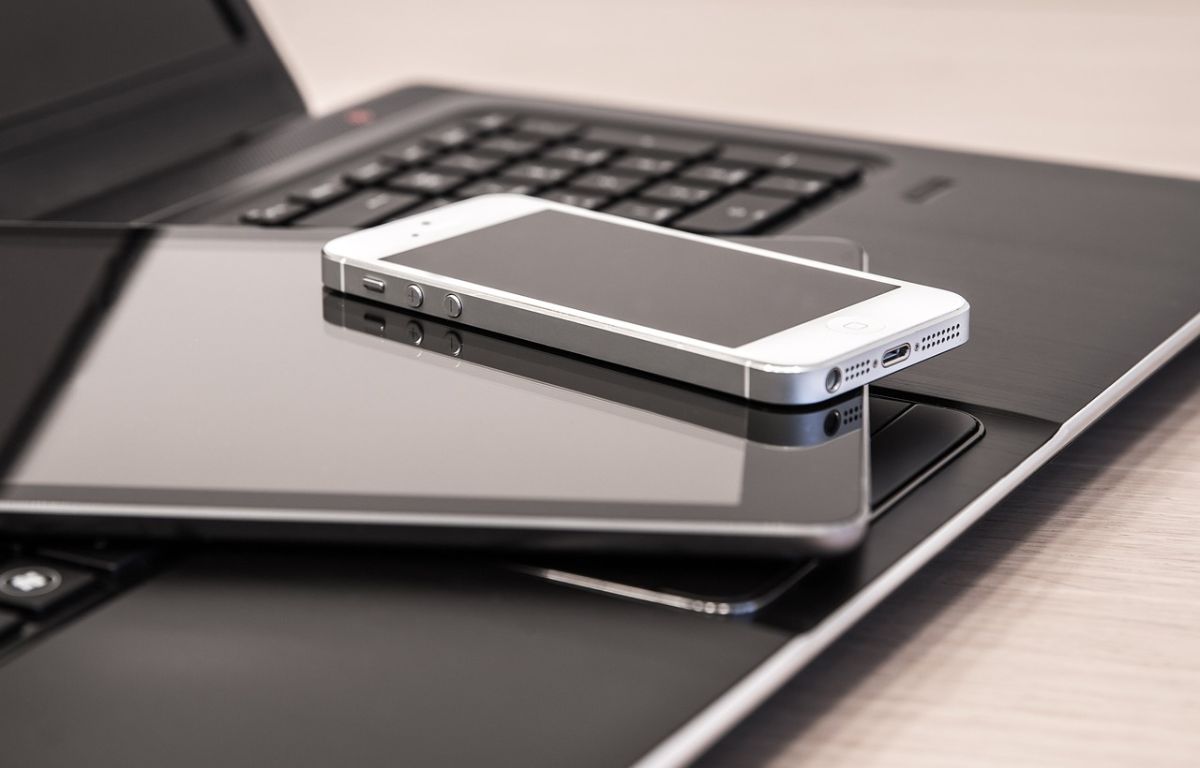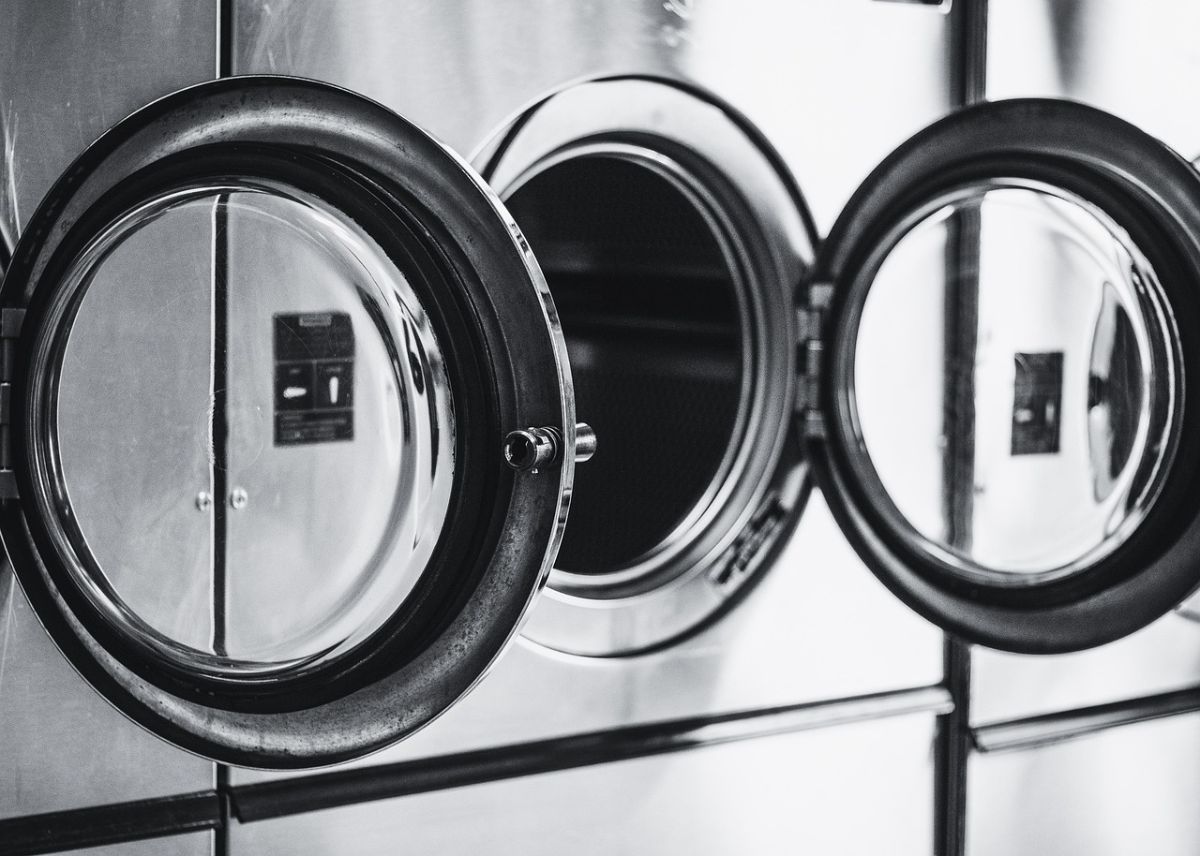In today’s fast-paced world of technology, staying up to date with the latest gadgets can be a costly endeavor. But what if there was a way to enjoy high-quality electronics without breaking the bank? Enter refurbished electronics, a popular choice for savvy consumers. However, before you dive into the world of refurbished devices, it’s crucial to understand the pros and cons, know which electronic items should be avoided in refurbished form, and learn what to look for when buying refurbished electronics.
The Pros of Buying Refurbished Electronics
1. Cost Savings
One of the most significant advantages of purchasing refurbished electronics is the potential for significant cost savings. Refurbished items are typically much more affordable than their brand-new counterparts, making it an attractive option for budget-conscious consumers.
2. Quality Assurance
Reputable manufacturers and refurbishing companies thoroughly test and inspect refurbished devices. They fix any defects and ensure that the products are in good working condition before putting them back on the market. This quality assurance can make refurbished devices a reliable choice.
3. Environmentally Friendly
By buying refurbished electronics, you’re contributing to a more sustainable and eco-friendly approach to consumption. Extending the lifespan of electronics reduces e-waste and conserves valuable resources.
4. Warranty and Return Policies
Many refurbished products come with warranties and return policies. This gives consumers peace of mind, knowing they have some protection in case of unforeseen issues.
The Cons of Buying Refurbished Electronics
1. Limited Selection
Refurbished electronics are often limited in availability and variety. You may not find the latest models or a wide range of options when shopping for refurbished devices.
2. Older Models
While cost-effective, refurbished electronics tend to be older models, which may not have all the latest features and capabilities. If you’re looking for cutting-edge technology, refurbished may not be the right choice.
3. Uncertainty About Previous Usage
Refurbished devices are often sourced from returns, open-box items, or trade-ins. It’s not always clear how extensively a device was used or how well it was cared for before being refurbished.
Electronics Items to Avoid When Buying Refurbished
While many electronics can be a great value when refurbished, some are riskier choices due to their complexity or potential for hidden damage. It’s generally advisable to avoid buying refurbished:
Hard Drives and Solid-State Drives:
The risk of data loss due to previous use and wear and tear may make refurbished storage drives a risky choice.
Smartphones with Non-Replaceable Batteries:
Refurbished phones with sealed batteries may have diminished battery life, which could be hard to replace.
Gaming Consoles:
Gamers should be cautious when buying refurbished consoles because they often see heavy use, and issues can surface over time.
What to Look for When Buying Refurbished Electronics
If you’ve decided to explore the world of refurbished electronics, here are some essential things to consider:
1. Trustworthy Seller
Purchase from reputable sellers or manufacturers. They are more likely to follow strict refurbishing standards and offer warranties.
2. Warranty
Make sure the product comes with a warranty, even if it’s a limited one. This can protect your investment in case something goes wrong.
3. Return Policy
Check the return policy. It’s essential to know the terms and conditions in case you change your mind or encounter issues with the product.
4. Inspection and Testing
Ask about the refurbishing process. Find out what the device has gone through to ensure it meets industry standards for quality.
5. Reviews and Feedback
Do your research. Look for customer reviews and feedback on the specific refurbished product and seller to gauge customer satisfaction and reliability.
6. Age of the Device
Consider the age of the device and whether it meets your needs. Older devices may not be worth the investment.
In conclusion, buying refurbished electronics can be a smart choice if you’re looking to save money while still enjoying quality products. However, it’s crucial to approach the market with caution, research, and a clear understanding of the pros and cons. By choosing reputable sellers, understanding the refurbishing process, and knowing what to look for, you can make informed decisions and potentially score fantastic deals on refurbished electronics. It’s not always a bad idea, but it requires a bit of diligence to ensure a successful purchase.









